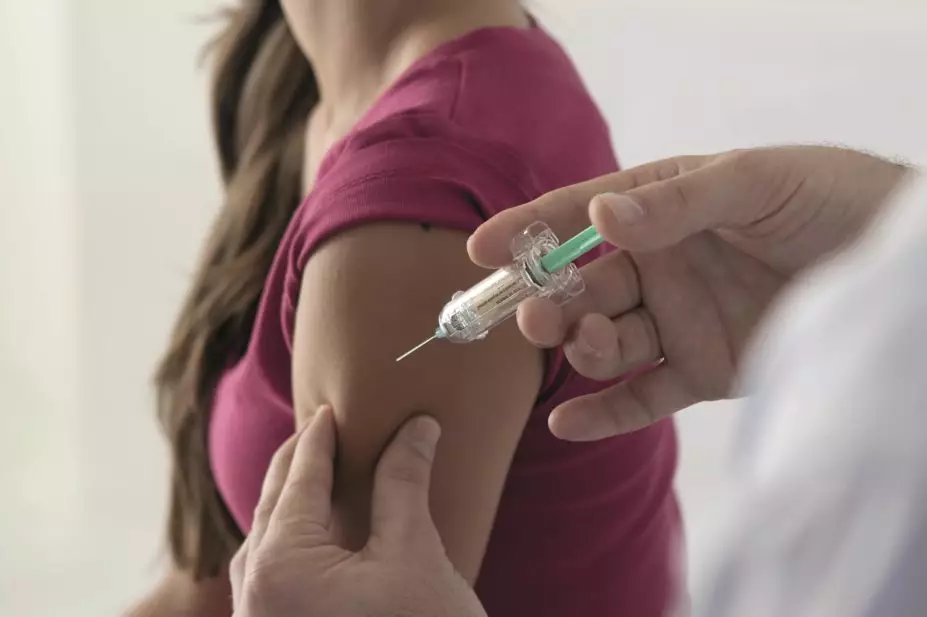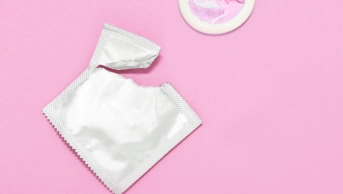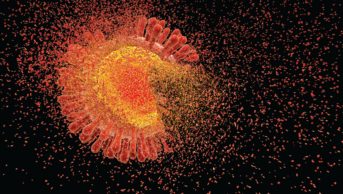
Shutterstock.com
Three-dose quadrivalent Human Papillomavirus (HPV) vaccination in reducing cervical, vulvar, vaginal and anal dysplasia has been demonstrated in clinical trials to be effective but data on fewer than three doses are limited.
US researchers selected insurance claim data from 387,906 adolescent females with a mean age of 14.73 years. Fifty-two per cent of the girls remained unvaccinated during the 5.64 year average follow-up time, 7.8% received one dose, 9.4% received two doses and 30.7% received three doses.
The overall rate of genital warts was 1.97/1000 person years and the rate decreased with each additional HPV vaccine dose. Receipt of three doses was significantly more effective than one dose or no doses but the difference between two and three doses was not significant.
Publishing in Sexually Transmitted Diseases
[1]
(online, 15 May 2017), the researchers conclude that at least two doses of HPV vaccine are necessary to protect against genital warts but further studies are required to assess cervical dysplasia or cancer outcomes.
References
[1] Perkins R, Lin M, Wallington S et al. Impact of number of HPV vaccine doses on genital warts diagnoses among a national cohort of US adolescents. Sex Transm Dis 2017. doi: 10.1097/OLQ.0000000000000615


